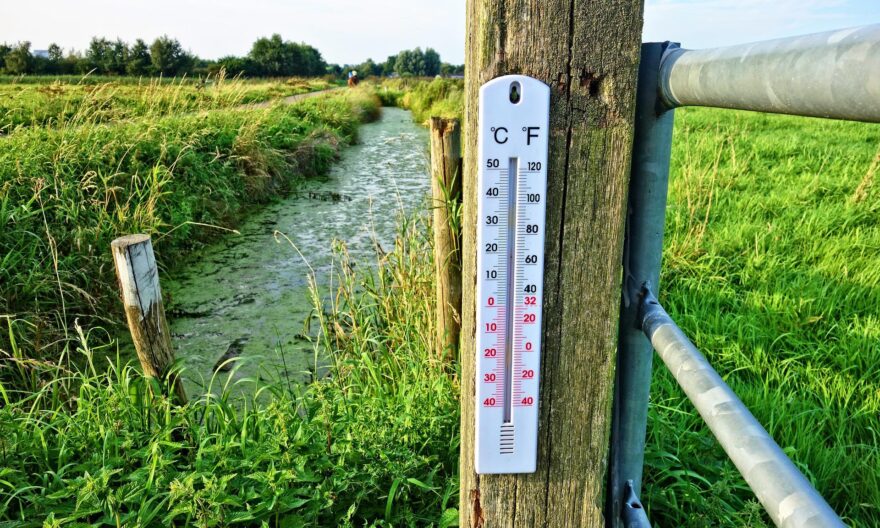
Deadly heat waves have become more common in recent years. It’s estimated that around 480,000 people die from extreme heat every year globally.
The International Federation of Red Cross and Red Crescent Societies (IFRC) says: “People affected by heat waves can suffer from shock, become dehydrated and develop serious heat illnesses. Heat waves can also worsen chronic cardiovascular and respiratory diseases.”
Vulnerable members of society, like the elderly, pregnant women, infants, and those with pre-existing health conditions, are most at risk from extreme heat.
The IFRC – the world’s largest humanitarian network – has also urged that better preparation for future heatwaves is needed, as climate change could lead to even more fatalities in the future.
As global temperatures rise, heatwaves will become more common. In fact, research shows that over a third of heat-related deaths between 1991 and 2018 are due to global warming.
What preparation is needed for future heatwaves?
Approximately 5 billion people live in regions that are prone to heatwaves. However, the IFRC points out that proper planning can reduce the number of deaths. Early warning systems can now predict heatwaves before they happen so that people have time to prepare.
The IFRC is now partnering with C40 Cool Cities Network to raise awareness about how to protect people from the heat. For example, increasing the amount of green space, introducing public drinking fountains or swimming pools, and painting roofs white can make a big difference.
According to Francesco Rocca, President of IFRC: “Heat waves are the silent killers of climate change, but they don’t have to be. Most heatwaves are forecast days or weeks in advance, giving ample time to act early and inform and protect the most vulnerable.
The good news is that there are simple and low-cost actions authorities can take to prevent unnecessary deaths from heat. The climate crisis is driving and intensifying the humanitarian crisis in every region of the world. But when cities and communities are better prepared, extreme weather doesn’t have to become a disaster or a tragedy.”



